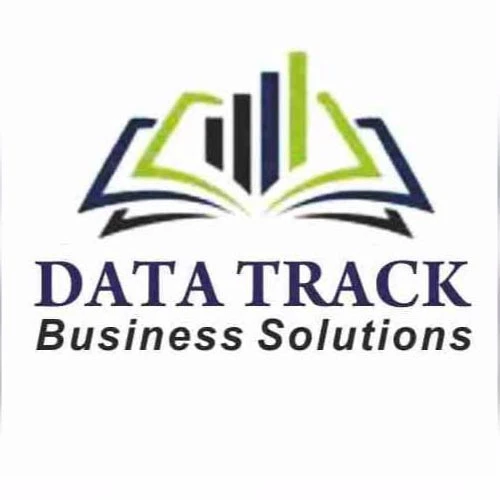-
Categories
- Internal Audits
- Legal and Departmental Registrations
- Income Tax Audit and Filings
- Company Audit and Filings (ROC)
- Act as A Promoter
- Managerial Consultation for Better Management Procedures
- Staffs Training for a Systematic Working
- Accounts Monitoring & Staffing
- Preparation of Better Managerial Reporting System to Management
- Act as a Virtual Office
- Act as a BPO (Accounts and Management Staffs)
- Internal Audits
- Legal and Departmental Registrations
- Income Tax Audit and Filings
- Company Audit and Filings (ROC)
- Act as A Promoter
- Managerial Consultation for Better Management Procedures
- Staffs Training for a Systematic Working
- Accounts Monitoring & Staffing
- Preparation of Better Managerial Reporting System to Management
- Act as a Virtual Office
- Act as a BPO (Accounts and Management Staffs)
- View All










